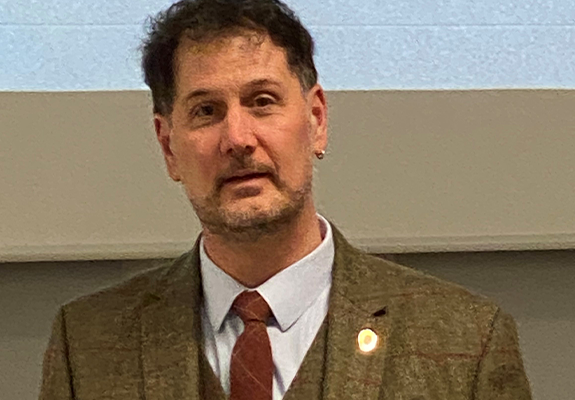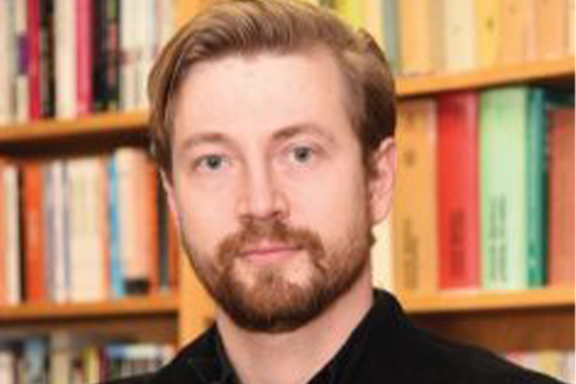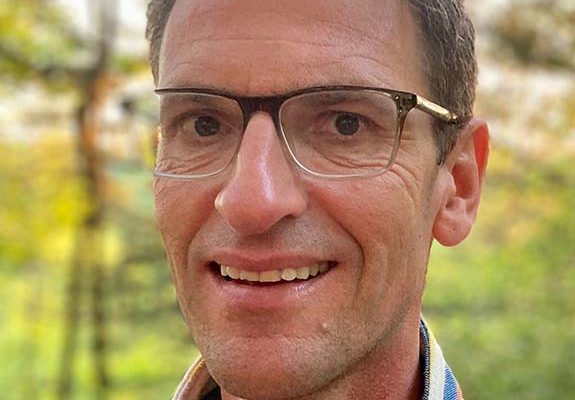Our Programs
German
Since its establishment in the 1850s, the German program at the University of Wisconsin–Madison has been one of the leading centers for German studies in North America. The program offers a wide variety of undergraduate and graduate courses on language, literature, culture, linguistics, and German-American studies.
Nordic
Established in 1875, the Department of Scandinavian Studies at the University of Wisconsin-Madison is the oldest Scandinavian Studies department in the United States. Since its founding, the department has offered a variety of courses on literature, language/linguistics, culture, philology, and folklore, within the field of Scandinavian and Nordic.
Slavic
The Slavic Program at the University of Wisconsin-Madison is one of the nation’s leading doctoral programs. Instruction in Slavic languages and literature at the University of Wisconsin-Madison traces its roots back to 1935, when state legislators and leaders of the Polish-American community demanded that the University begin to offer Polish.
Folklore
One of the most prestigious Folklore Programs in the country, we have an international reputation for excellence. Our courses will prepare you to meaningfully engage with communities and organizations, take part in important dialogues about diversity, and explore creative practices and expressive culture.
Courses
Events
@ 4:00 pm CDT
Van Hise 1418
Nathan Taylor's talk, "Fugitive Logistics: Unsettling the German Archive,” is drawn from his forthcoming book of the same name with Cornell University Press. It shifts from discourses of value to global value chains and draws on an emerging field of ‘infrastructural’ and critical logistics studies to rethink paradigms of exile and Atlantic migration in German Studies.
@ 6:00 pm CDT
Join us and Dr. Peucker as he explores the history of the Moravians and examines the diary itself—who these men were, the topics they discussed in London, and why this source remains relevant today.
@ 2:30 pm CDT - 4:30 pm CDT
Mead Witter Lobby of the Chazen Museum of Art
Join Tara Austin (MFA 2017), UW–Madison’s Center for the Study of Upper Midwestern Culture’s 2026 Folk-Artist-in-Residence and for a live rosemaling demonstration accompanied by Nordic American old-time music from the Nordic Lights Dance Band. Please RSVP ahead of time: https://www.eventbrite.com/e/rosemaling-at-the-chazen-tickets-1982713339973?aff=WEev03212026
Recent GNS+ Award Recipients
Scott Mellor (April 2025)
Scott Mellow is the recipient of the 2025 Chancellor’s Hilldale Award for Excellence in Teaching, a competitive campus-wide award for instructional Academic Staff.

Łukasz Wodyński (February 2025)
Łukasz Wodzyński has been acknowledged for his exceptional level of service as a junior faculty member to support the Polish program by being selected to participate in the Provost’s Exceptional Service Support Program.

David S. Danaher (February 2025)
David S. Danaher is the recipient of 2024 Excellence in Teaching (Post-Secondary) Award sponsored by the American Association of Teachers of Slavic and East European Languages (AATSEEL).

Claus Elholm Andersen (January 2025)
Claus Elhom Andersen was awarded the 2025 William H. Kiekhofer Distinguished Teaching Award.

Congratulations, Fall 2025 GNS+ Graduates!
GRADUATE
Folklore & Comparative Literature (Ph.D.)
Fatima Sartbay
Scandinavian Studies (Ph.D.)
Elliott Brandsma
Richelle Wilson
Slavic Languages & Literatures (Ph.D.)
Brian Kilgour
UNDERGRADUATE
Folklore Certificate
Theo Paar
Zachary Olbrantz
Andrew Wilson
Mandy Grunewald
Lilly Eggers
Emma Steinberg
Scandinavian Studies Certificate
Jackson Puent
German Certificate
Eliana Rowell
Kelly Klobach
Lilly Eggers
Santiago Cardenas Delgado
Clare Borchardt
Emily Sturgill
Russian Major
Raj Singhal
Department of German, Nordic, and Slavic+ Statements
This is an accordion element with a series of buttons that open and close related content panels.
The Department of German, Nordic, and Slavic+ Statement on Diversity
The Department of German, Nordic, and Slavic+ strives to create inclusive excellence by valuing the contributions of people of diverse backgrounds based on their race, ethnicity, culture, veteran status, marital status, socio-economic level, national origin, religious belief, ability, gender identity, sexual orientation, age, and class.
This is an ongoing task that requires each of us to unlearn our socialization in cultures where privilege and opportunity are unequally distributed along many of those lines and then to put that learning into practice in our classrooms, syllabi, decision-making structures, and research.
This is an accordion element with a series of buttons that open and close related content panels.
GNS+ Commitment to Social Justice
Note: the vocabulary we use for identity is complex because identities are themselves complex. We use the terms Black and BIPOC (Black, Indigenous, and Person of Color) to reflect the multiple identities individuals may hold, and we use Hispanic/LatinX/Chican@ to reflect the broader use of the former term and the critique to it posed by the latter two.
The tumultuous year of 2020 has brought about a reckoning in virtually every sphere that shapes U.S.-American cultural and institutional life. As an academic community that is also part of a larger U.S.-American cultural and institutional fabric, we commit our voice and action to the social issues that are facing our faculty, staff, and students, as well as the people living in the United States. Our statement is a response to:
- the COVID-19 pandemic, which has underscored the racial inequities in health care and economic access for Black, Indigenous, and Hispanic/LatinX/Chican@ communities, triggered xenophobia and racism against Asians and Asian-Americans, as well as amplified anti-Semitism and Islamophobia;
- the latest chapters in a long history of police violence against Black people, which sparked protests for racial justice led by Black Lives Matter in the spring and summer of 2020;
- the xenophobic targeting of international students in repeated executive orders attacking their right to study and learn in the United States, which threatened thousands of students and scholars, and the university-internal discrimination against paying international students fair wages;
- the September 22 executive order forbidding the use of federal funding for any discussions or trainings on racism, gender discrimination or misogyny, which attempted to stifle the work to undo those injustices; and finally,
- the chaotic presidential election of November 2020, which underscored that voter suppression continues systematically to disenfranchise Black voters and other People of Color.
While the past year of 2020 has led us to focus on the urgency of anti-racist work in particular, we recognize the complex intersections of identity in the US and worldwide, which include not just race and ethnicity but gender identity, dis/ability, sexual orientation, and religious affiliation. We hold that our commitment to anti-racist work will also help us challenge misogyny, homophobia, transphobia, xenophobia—including anti-Semitism and Islamophobia—, and prejudices about ability and religion.
Thus, we, the Department of German, Nordic and Slavic+ commit to the following concrete actions in the next two years:
- We will mentor faculty in creating more inclusive syllabi that profoundly engage with race and its history.
- We will formulate concrete steps toward fostering greater anti-racist and decolonizing pedagogy in our department courses and curricula.
- We will invite lectures from Black and BIPOC scholars in our disciplines and promote those lectures.
- We will develop criteria for evaluation and recognition of work in diversity, equity, and inclusion for hiring, promotion, and nominations for achievement awards. We will, further, feature such recognition in our nomination materials, newsletters, annual reports, and tenure dossiers.
- We will pursue university funding (e.g., Target of Opportunity funding) to supplement departmental funds for hiring Black and BIPOC scholars and supporting them once hired.
- We will prepare a grant application to UW–Madison’s Division of Diversity, Equity, and Educational Achievement to match departmental funds for scholarships and support programs for Black and BIPOC students, especially current or potential PhD students.
- We will use departmental meeting and other committee time for all GNS+ workers to undertake individual development, self-reflection, and scholarship, such as study groups on particular texts, hiring Black and BIPOC experts in racial justice training, or internal UW–Madison courses or trainings.
- We will create an application process for funding for faculty, staff, and graduate students to pursue trainings in racial and social justice on the UW–Madison campus and elsewhere.
We once again remind ourselves and our colleagues that each of us shares the responsibility to advance anti-racism and social justice.
Black Lives Matter.




